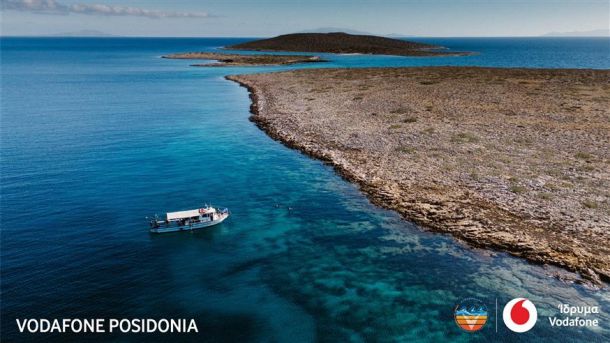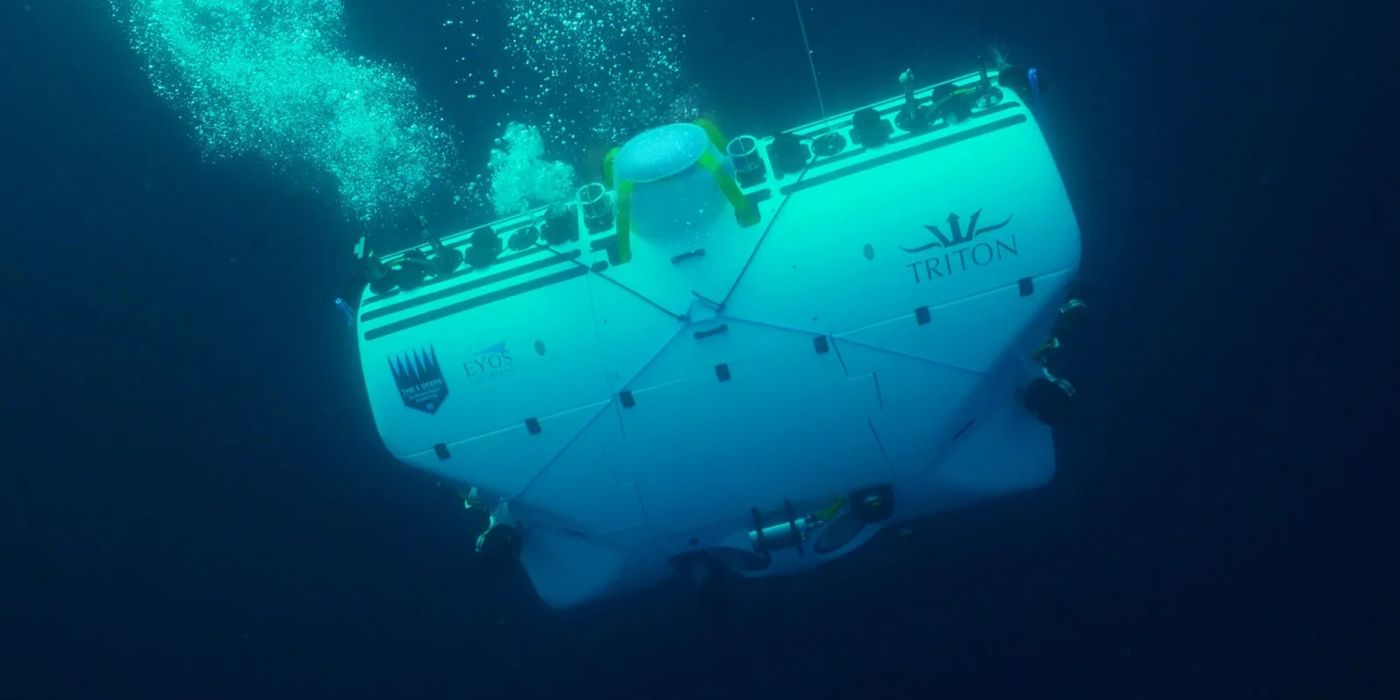
An excerpt from the article published in the Greek edition of the newspaper Kathimerini:
"Dr. George Papatheodorou has been studying pollution in Greek seas for many years. Recently, the Oceanus Lab at the University of Patras conducted research in the Saronic and Thermaic Gulfs, supported by the Typhoon Project of the Ath. Laskaridis Foundation. The data analysis was led by PhD candidate Konstantina Kouvara."
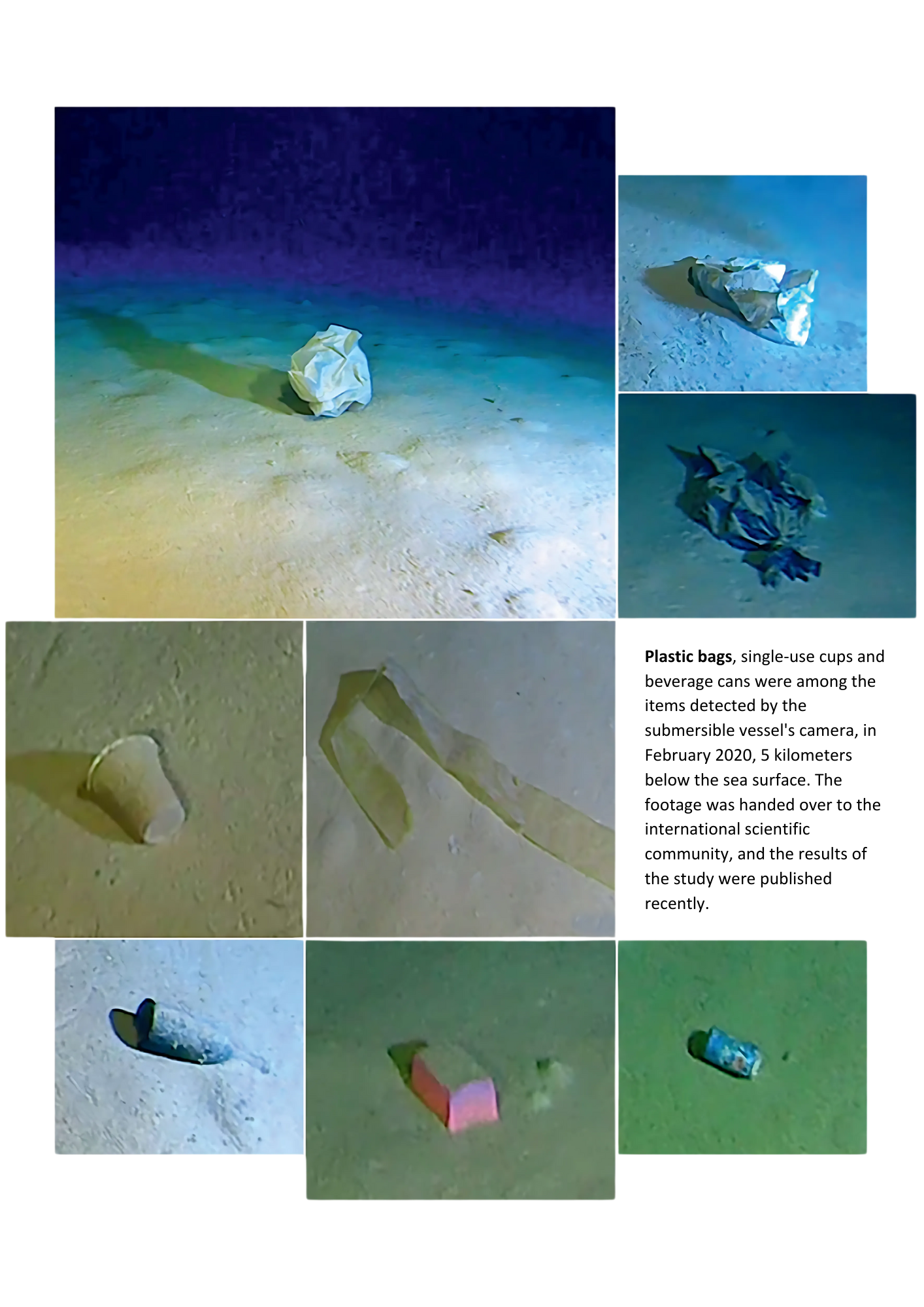
Scientists have uncovered alarming levels of waste, including plastic bottles, coffee cups, bags and cans in the deepest point of the Mediterranean.
At a depth of 5,112 meters, Calypso Deep is located in the western part of the Hellenic Trench, about 60 km from the nearest shore in the southwestern part of the Peloponnese.
The findings of the scientists, using an underwater vehicle of the Caladan Oceanic company, piloted by Victor Vescovo and accompanied by Prince Albert II of Monaco, were published in an international journal, and reveal the second-highest concentration of waste ever recorded at such depths globally.
The vessel recorded 167 pieces of trash over an 850-meter stretch, which equates to 26,175 pieces per square kilometer across the entire trench.
This discovery highlights the far-reaching impact of human activities on even the most remote ecosystems.
As seen online in Kathimerini, by Giorgos Lialios.
Article on Web
Latest Posts
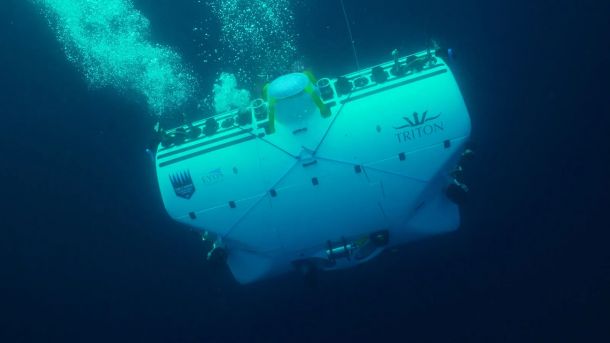
Alarming pollution levels found in Mediterranean depths
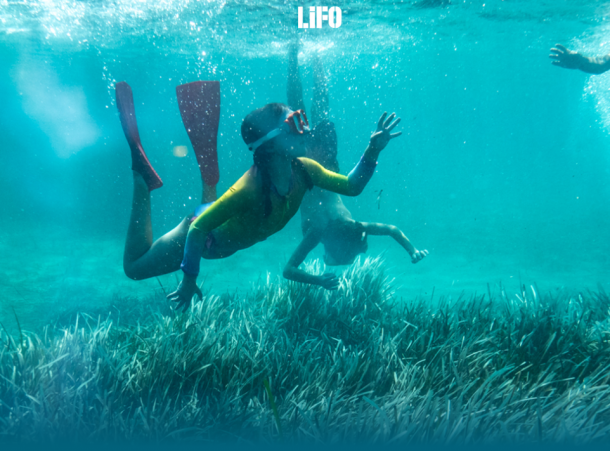
"Why are the Posidonia meadows so valuable for our seas?": Article in LIFO
